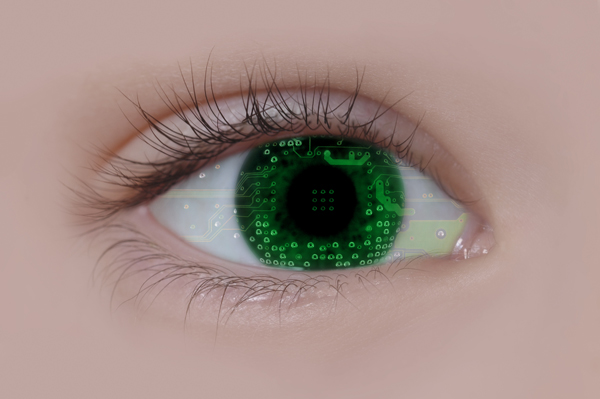 By Paul Sonnier
By Paul Sonnier
Paul is Head of Digital Health Strategy at specialty consulting firm Popper and Company, Founder of the 16,000+ member Digital Health group on LinkedIn, a Mentor at digital health startup accelerator Blueprint Health, and a Judge for the Nokia Sensing XCHALLENGE.
Over the past several years I've witnessed the digital revolution's long overdue transformation of health and medicine. During this time, the emergence of many innovative sensor-based health solutions has been particularly noteworthy: from iPhone-connected glucose meters and wireless ECG heart monitors, to fertility prediction solutions, to wearable fitness activity trackers, to mobile eye exams using a smartphone's camera. Surprisingly, while many of these innovations are unique and will have a positive impact on our health and the delivery of healthcare, most are not based on new sensor technologies, but leverage existing sensors in novel new ways. Yet, there are certain moon-shots that exist as amazing opportunities in the health sensing realm. For example, a non-invasive glucose monitor would allow diabetics to continuously track their blood sugar levels as opposed to doing sporadic blood tests or, as opposed to what is now possible but more invasive, doing so continuously via the use of a subcutaneous needle-based sensor.

All of this progress is sorely needed, no pun intended, as we see the imperatives of ever-rising healthcare costs and more chronic disease in the United States and abroad. Innovative sensors and devices will enable the transformation of our healthcare systems to a more consumer-centric model, where medicine moves away from episodic treatment delivered in centralized hospitals, to a patient-centered medical home where prevention, early intervention, and better chronic disease and acute medical condition management are the norm, not the exceptions. This new paradigm is reliant upon the ability to monitor and measure biometric data using sensors and devices that provide individuals with information on their own health status as well as feeding this important health data to their care delivery team.
A scenario that comes to mind is one where a person at elevated risk of heart disease (determined by genomic profile and/or physical and lifestyle condition) has a sensor implanted in the tip of their finger. This sensor would detect biomarkers that presage an impending heart attack. A sensor on the skin could pick up this signal and send it to the patient's smartphone, which will have an app that alerts them and others to the situation. They might then be additionally monitored in real-time for a heart attack while concomitantly modifying behaviors to lessen the risk. If they then have a heart attack, this might be detected in real time so that assistance can be dispatched immediately. Upon release from the hospital, the patient would continue to be monitored with sensors and, ideally, undertake additional behavioral and lifestyle modifications to prevent recurrence.
It's within this amazing new medical and consumer digital health context, and in light of the magnitude of the healthcare problems to be solved and the challenges faced in developing and bringing new sensor technologies to market, that I was delighted to be present when the XPRIZE's Peter Diamandis and Nokia's chief technology officer, Henry Tirri, announced the $2.25 million Nokia Sensing XCHALLENGE at the Wireless-Life Sciences Alliance's 2012 Convergence Summit in San Diego, CA. The overarching goal of the competition is to transform personal health with sensing.
Fast forward to the present day, and I find myself as one of the judges for the competition. This is incredibly exciting, as my hope is to add to the efforts of my fellow judges, XPRIZE, and Nokia in achieving the objectives of the Challenge. I can't overstate the importance to all of us in accelerating the availability of hardware sensors and software sensing technology that individuals and healthcare providers alike can use to access, understand, and improve our health and well-being.
Visit XPRIZE at xprize.org, follow us on Facebook, Twitter and Google+, and get our Newsletter to stay informed.